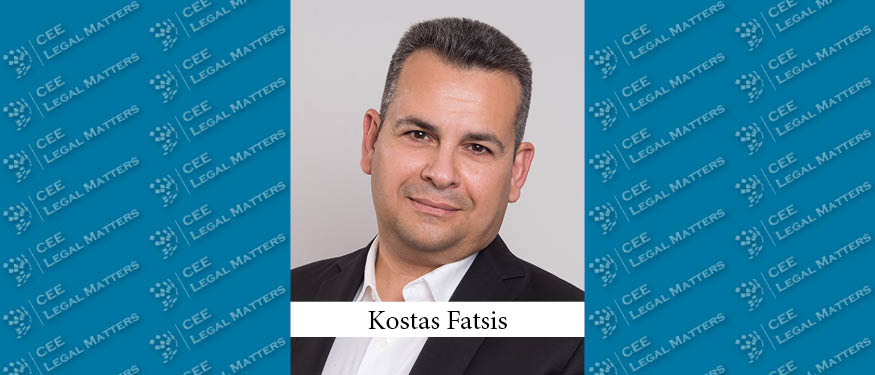Greece continues to ride a wave of investment interest, with momentum building across real estate, hospitality, renewables, and increasingly, digital infrastructure, according to AKL Partner Kostas Fatsis, who walks us through the latest legislative developments shaping the market, including energy reforms, FDI screening, and judicial modernization.
“There’s definitely a strong sense of momentum, Greece has continued to attract significant investment across several key sectors, particularly real estate, hospitality, and renewable energy infrastructure,” Fatsis begins. “More recently, we’ve also seen growing interest in private education and digital infrastructure, with hyperscale data centers emerging as a new focal point for international investors.”
Elaborating on developments in the digital infrastructure space, Fatsis says that “over the last few months, we’ve seen some important new players enter the market, and synergies are starting to become apparent. For instance, a notable joint venture was recently formed between the Public Power Corporation and DAMAC to develop a 12.5-megawatt data center near the Athens International Airport. Similarly, another JV between a real estate investment company and a developer is also planning a hyperscale facility in the same area. It’s clear that this sector is poised for significant growth.”
Moreover, Fatsis reports that the renewable energy market remains very active, “and we’re seeing a particular surge in interest around energy storage projects. In just the past two months, there’s been record-breaking demand, with 2.5 gigawatts worth of grid connection applications for such projects. We expect policymakers to step in soon with legislative initiatives to help unlock financing and enable these projects to move forward.” Furthermore, Fatsis says that, at the beginning of July, a new law was introduced to regulate the domestic hydrogen production market. “This is a crucial first step toward establishing a functioning hydrogen economy in Greece. It offers high-level guidance, but secondary legislation will be required to flesh out the details and make the framework fully operational.” Another key development he mentions is the ongoing reform of the existing development law, which is designed to sustain the current investment trend. “It introduces new forms of state aid and fast-tracks certain licensing procedures, which should make the country even more attractive to investors.”
Shifting gears to how the government is addressing legal infrastructure and broader regulatory frameworks, Fatsis says that the judicial system modernization is high on the agenda, especially through the adoption of digital infrastructure. “But perhaps the most impactful recent change is the introduction of a national screening regime for foreign direct investments. This aligns Greece with broader EU regulations and is intended to protect national security and public order in sensitive sectors,” he says. The new regime introduces a two-tier screening process. “For strategic sectors like energy, transport, communications, and digital infrastructure, foreign investors are subject to screening if they acquire a 25% or greater stake. In even more sensitive sectors, like national security, cybersecurity, AI, port infrastructure, and border-area tourism projects, the threshold drops to 10%. In these cases, investors must pre-notify the relevant government bodies and obtain approval before proceeding,” he explains.
Diving into the potential impacts of the FDI screening regime, Fatsis says that this is a significant development for M&A lawyers. “Transactions will almost certainly be affected, if not substantively, then at least in terms of regulatory delays. The volume of new investors entering Greece over the past few years makes it likely that many deals will now fall within the scope of the new regime. That said, we don’t expect major disruption unless the investors are coming from jurisdictions that are already blacklisted; for most parties, it’s just another compliance step,” he says.
Finally, Fatsis argues that defense is a sector worth watching closely going forward. “It’s becoming a hot topic in Greece, with increasing public discussion and government interest. We anticipate new policy and state investment in this area, which will likely result in more legal work related to defense procurement, infrastructure, and possibly R&D. It’s definitely something to keep an eye on in the coming months,” Fatsis concludes.















